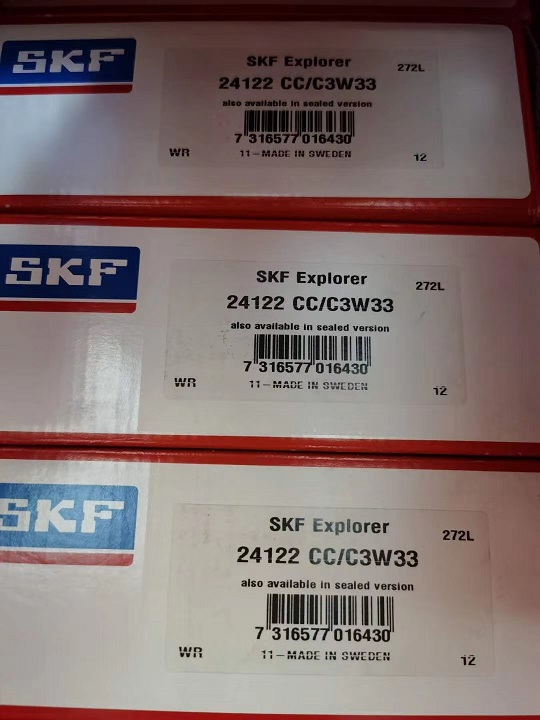Writer: Eric Bearing Limited
Bearings play a crucial role in the precise and reliable operation of instruments and meters, which are widely used in industries such as aerospace, medical devices, automotive systems, and laboratory equipment. Their primary function is to support rotational or linear motion, minimize friction, and ensure accuracy in measurement and control systems.
Key Functions of Bearings in Instruments and Meters
1. Ensuring Precision and Accuracy
Many instruments, such as gyroscopes, optical encoders, and dial indicators, require extremely precise movement. High-precision bearings (e.g., miniature ball bearings or ceramic bearings) help maintain tight tolerances.
In measuring devices like micrometers and coordinate measuring machines (CMMs), bearings reduce backlash and hysteresis errors.

2. Reducing Friction and Wear
Low-friction bearings (e.g., jewel bearings in watches or air bearings in high-speed spindles) minimize energy loss and wear, extending the instrument’s lifespan.
SKF Self-lubricating bearings are often used in environments where maintenance is difficult.
3. Supporting High-Speed and Low-Torque Applications
In devices like electric meters and turbine flow sensors, bearings must allow smooth rotation with minimal resistance to avoid measurement errors.
Magnetic bearings or fluid-film bearings are sometimes used in ultra-high-speed applications where mechanical contact must be eliminated.
4. Handling Light Loads with High Sensitivity
Instruments such as analytical balances and galvanometers require bearings that can support minimal loads while maintaining responsiveness.
Cross-roller bearings or flexure pivots (non-contact bearings) are used in sensitive equipment to avoid stick-slip effects.
5. Resistance to Environmental Factors
In harsh environments (e.g., industrial sensors or marine instruments), corrosion-resistant bearings (stainless steel or ceramic) are essential.
SKF Sealed or shielded bearings prevent contamination from dust, moisture, or chemicals.
Maintenance and Selection Considerations
Lubrication: Many precision instruments use dry lubricants or sealed bearings to avoid contamination.
Material Choice: Stainless steel, ceramic, or hybrid bearings are preferred in corrosive or high-temperature environments.
Vibration & Noise Control: Bearings in acoustic or optical instruments must operate silently.
Preload Adjustment: Proper preloading in instrument bearings ensures stability and eliminates play.
SKF Bearings are fundamental to the performance of instruments and meters, ensuring accuracy, durability, and efficiency. The selection of the right bearing type—whether miniature, non-contact, or corrosion-resistant—directly impacts the reliability of measurement and control systems. As technology advances, specialized bearings will continue to enable innovations in precision instrumentation.
Tel: 00852-30697500
Fax: 00852-30697511
Email: sales@ericbearing.com
Message: Click Here Message!